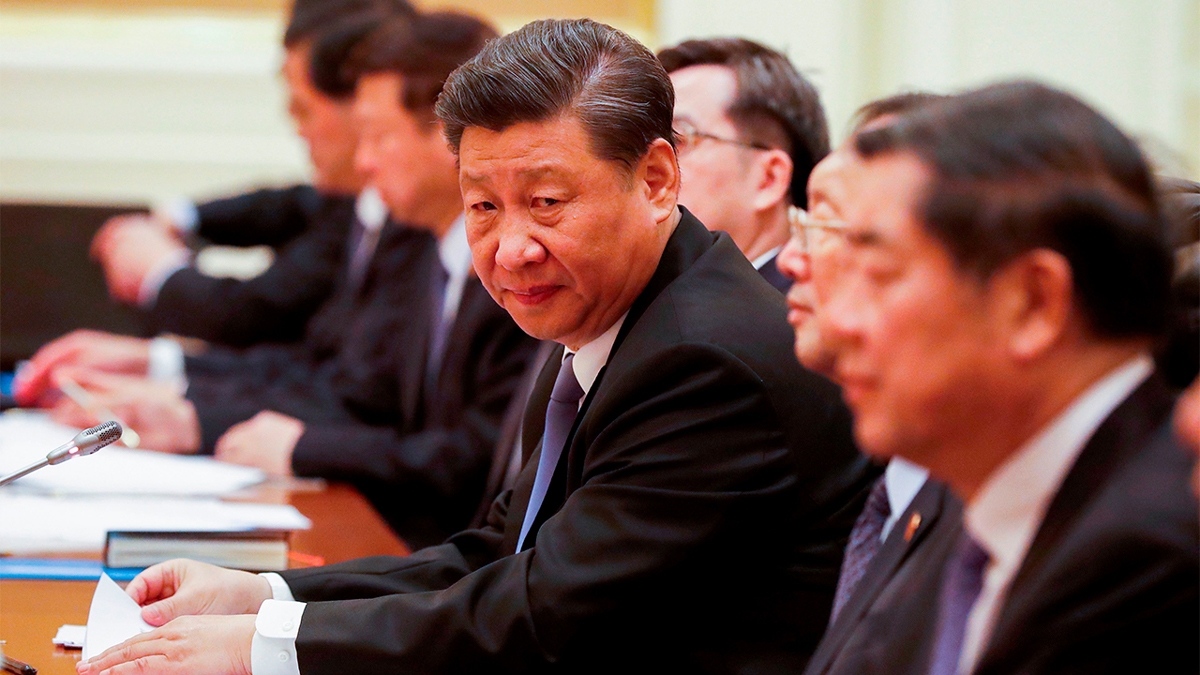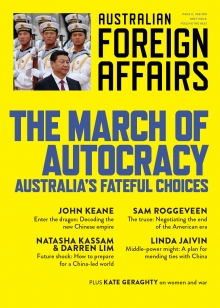Imperial flaws, democratic openings
What are the faults and flaws of the new Chinese empire? Most obviously, it is dogged by legitimacy problems. Its leaders are already being reminded that resistance and social unrest are the price of influence and control. They are learning that they cannot unilaterally determine the habits and hopes of people who fall within the ambit of the empire by using methods trialled in Tibet, Xinjiang and Hong Kong.
Every Chinese government official, diplomat and businessperson should read The Vizier’s Elephant (1947) by Nobel Prize winner Ivo Andrić, the classic tale of resentment against the pinched promises and hypocrisy of occupiers, to grasp how easily imperial power can be doubted, satirised, worn down and defeated. The age of communicative abundance makes cultural resistance – mutinies against the maltreatment of local workers, for instance – much easier. Digital tools give new life to the Chinese writer Lu Xun’s principle that “discontent is the wheel that moves people forward”. Local disenchantment with the empire can readily follow – as happened, for instance, in Kazakhstan in 2019, with large-scale protests against the construction of Chinese factories and the maltreatment of Muslim and Turkic peoples in Xinjiang; and in Zambia, where bitter clashes between local mining workers and their Chinese employers have been rife for decades.








